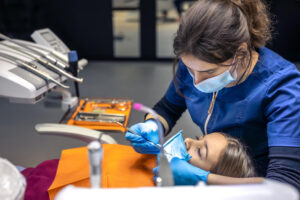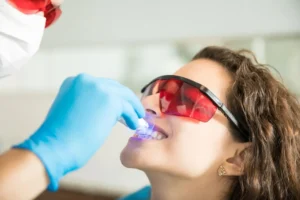Suffering with jaw pain? A whole raft of issues can lead to pain in the jaw. This could be from something as small as a toothache to something more sinister like a heart attack. But, before becoming too alarmed, one of the most common reasons for jaw pain is TMJ Dysfunction.
Close to 70% of people have some form of TMJ Dysfunction with women up to 5 times more likely to suffer from TMJ than men. However, only between 5-12% of people have severe enough symptoms to require medical intervention or treatment. November is TMJ awareness month, so if you are suffering with mild or persistent jaw pain, it might be worth considering TMJ as a root cause.
What is TMJ Dysfunction?
The temporomandibular joint (TMJ) sits just in front of the ear and is where the jaw bone connects to the skull. TMJ Dysfunction is when this joint become misaligned. This misalignment can come from a knock to the jaw, clenching teeth, stress or from having an incorrect bite.
How do I know if TMJ Dysfunction affects me?
TMJ is the cause of a range of painful issues, not just jaw pain. A clicking or popping jaw is common. So too are tension headaches, ear pain, neck pain and even tinnitus can be a result of the TMJ being out of alignment. Quite often, patients seek treatment for these symptoms independently, yet all may be solvable through treating the root cause in the TMJ.
What are some self-care treatments for TMJ?
If you have mild or intermittent jaw pain, you may want to consider some of these self-care techniques:
- Avoid overworking the jaw joint by eating hard foods or chewing gum.
- Try massaging the muscles around the jaw, neck and shoulders to release tension.
- Focus on stress-reducing techniques.
- When working for long periods on a computer, maintain good posture by taking short breaks to rest your arms and loosen up your back and neck muscles
- Be conscious about grinding or clenching your teeth
What are the dental treatments for TMJ?
If you jaw pain is persistently painful, then treatment for TMJ Dysfunction takes two forms. Firstly, by re-aligning the TMJ to allow it to function properly and, secondly, to get to the root cause of how the misalignment occurred.
1. Bite guard
A custom-made bite or mouth guard, also called a splint, orthotic, or occlusal appliance is an effective solution to TMJ. This can help position the jaw correctly, help relax the jaw muscles and prevent teeth clenching and grinding. It is important the guard is custom-designed by a qualified dentist to fit your mouth.
2. Muscle relaxants
With muscle tension a major cause of TMJ, prescribed muscle relaxants can bring on rapid relaxation of jaw muscles so the TMJ can be re-aligned.
3. Neuromuscular dentistry
Neuromuscular dentist techniques explore the intricate relationship between the bones, joints, muscles, and nerves in the face and neck. They aim to relieve tension in the jaw and connected muscles by repositioning the bite.
4. TMJ Surgery
As a last resort, surgery can reposition the TMJ and realign the structures around the jaw to prevent TMJ Dysfunction from resurfacing.
What if my jaw pain is not from TMJ?
A visit to a dentist with experience in treating TMJ can rule out TMJ Dysfunction as the root cause of jaw pain and potentially uncover other underlying issues.
- Cavities - can result in toothache and sensitiviity that causes pain in the jaw.
- Dental abscess - these can be extremely painful as pressure builds up under the tooth and can lead to more severe cases of infection.
- Gum disease - Gum disease leads to gum recession and a deterioration in the jaw bone which can lead to jaw pain.
- Tetanus infection - Tetanus (often known as lockjaw) is a painful condition as a result of infection caused by bacteria called Clostridium tetani. This causes painful muscle contractions often making it difficult to open your mouth and swallow.
- Heart attack - Jaw pain can be a form of referred pain resulting from a heart attack. If jaw pain is sudden or combined with either shortness of breath, chest pain, dizziness or vomiting - then you should seek emergency medical attention.








